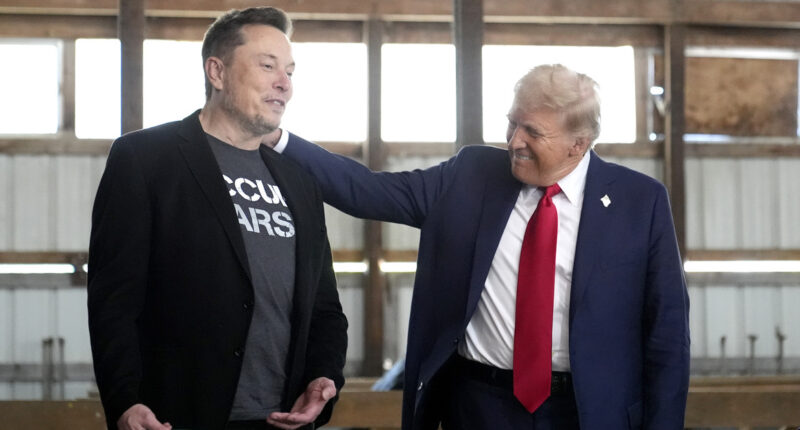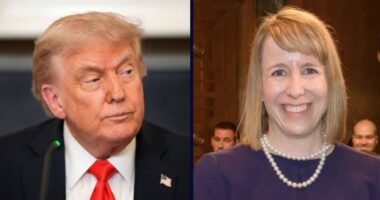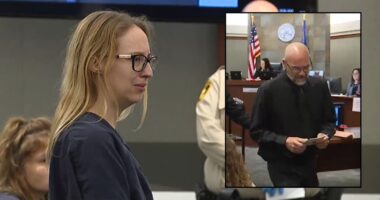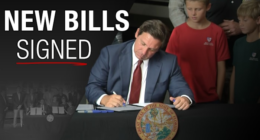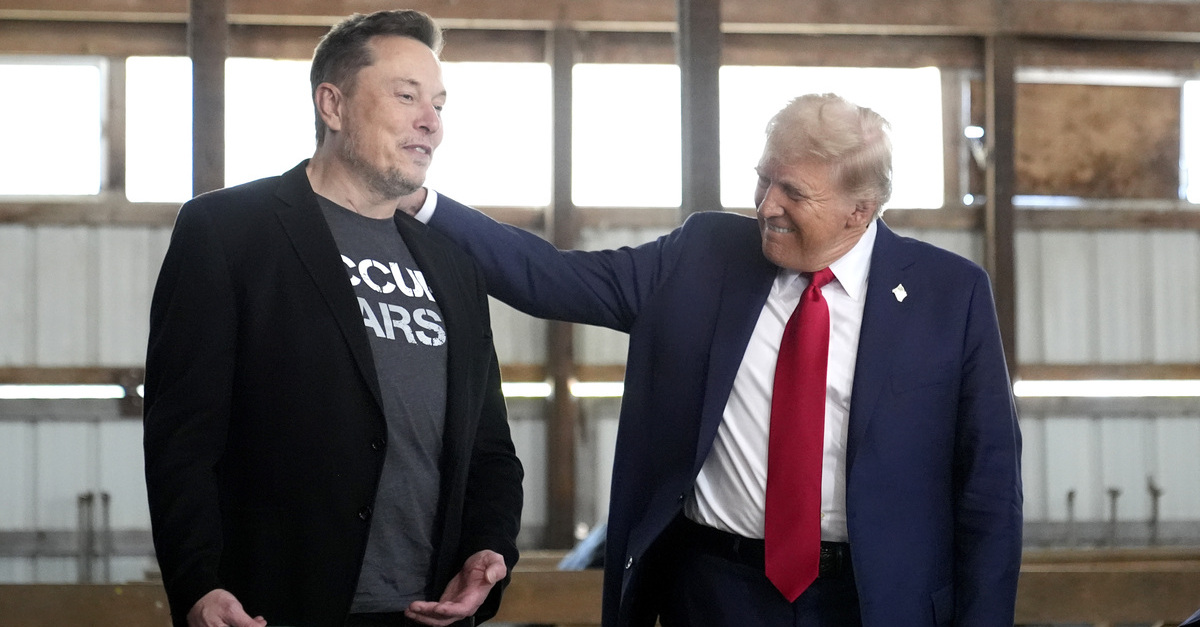
Tesla and SpaceX’s CEO Elon Musk and former President Donald Trump were seen together at a campaign event in Butler, Pa. in October 2024 (AP Photo/Alex Brandon).
This week, the Trump administration received good news when a federal court granted permission for DOGE employees to keep using important student loan information held by the Department of Education (DOE).
Despite objections from a group representing more than 230,000 students at the University of California’s nine undergraduate campuses, the Trump administration’s access to the data remains secure.
The nonprofit sought a temporary restraining order barring the DOE from sharing student data with the Elon Musk-linked government employees and to retrieve any such data already shared.
On Monday, in a memorandum opinion and order, U.S. District Judge Randolph Moss, a Barack Obama appointee, declined to issue such relief. The court determined the University of California Student Association failed to show “it will likely suffer irreparable harm.”
On Feb. 7, in response to news reports, the student group filed a 19-page lawsuit in U.S. District Court for the District of Columbia, arguing that DOGE staffers having access to their data “harmed UCSA’s members by depriving them of the privacy protections guaranteed to them by federal law.” Three days later, the nonprofit filed a 45-page motion for a temporary restraining order — followed by the government’s response. A hearing on the motions was held on Valentine’s Day.
The judge was not convinced by the plaintiffs.
“UCSA is correct that a disclosure of information generally cannot be ‘undone,’ but that is not sufficient to show irreparable harm,” the opinion reads. “What UCSA overlooks is that the context of the dissemination matters.”
In the ruling, Moss credits several statements by DOGE employee Adam Ramada. In a declaration, the staffer said only six DOGE employees have access to DOE data, that all of the employees have been or will be trained on ethics and security, understand privacy-related laws and regulations, and that none of the data has, “to his knowledge,” been shared with any other “DOGE-affiliated individuals.”
The court goes on to also credit Ramada’s attestations that his team of DOGE staffers are only involved in efforts “to audit [DOE] programs for waste, fraud, and abuse” and to identify contracts and grants “inconsistent with leadership’s policy priorities.” Further, the court says, DOGE credibly promised any tax-related information in DOE’s possession will be used “for purposes consistent with applicable law, such as conducting analyses to estimate costs related to student loan repayment plans, awards, or debt discharges.”
This state of affairs, Moss says, does not line up with the kind of disclosures that have been disfavored by federal courts in the past.
“Courts find dissemination of information to be an irreparable injury where, for example, highly sensitive information will be made public, or ends up in the hands of someone with no obligation to keep it confidential,” the opinion continues before picking up a bit later on. “And, by the same token, courts have declined to find irreparable injury where the challenged disclosure is not ‘public,’ but involves individuals obligated to keep it confidential.”
The judge also muses about existing structural safeguards:
Notably, all of the “applicable laws and regulations,” which Ramada attests the six employees will follow, impose strict limits on the use and disclosure of Privacy Act protected records and tax return information, and they impose criminal penalties and potential civil liability on those who willfully ignore their obligations
In their motion for a temporary restraining order, the students also cited the mere “risk” of such access — arguing that DOE-placed DOGE staffers might share the data to aid with “immigration enforcement,” might mishandle the data and cause “identity theft,” or might broadly result in “further dissemination” of the data.
And, here, the court is thoroughly withering in its estimation.
“These harms, however, are entirely conjectural,” Moss writes. “UCSA provides no evidence, beyond sheer speculation, that would allow the Court to infer that [DOE] or DOGE staffers will misuse or further disseminate this information. Moreover, ‘the courts must presume’ that the government will exercise its powers ‘responsibly’ and with ‘due regard’ to affected individuals.”
